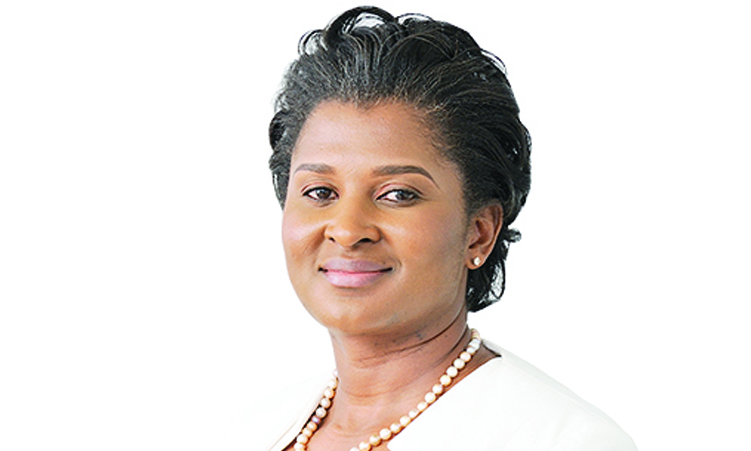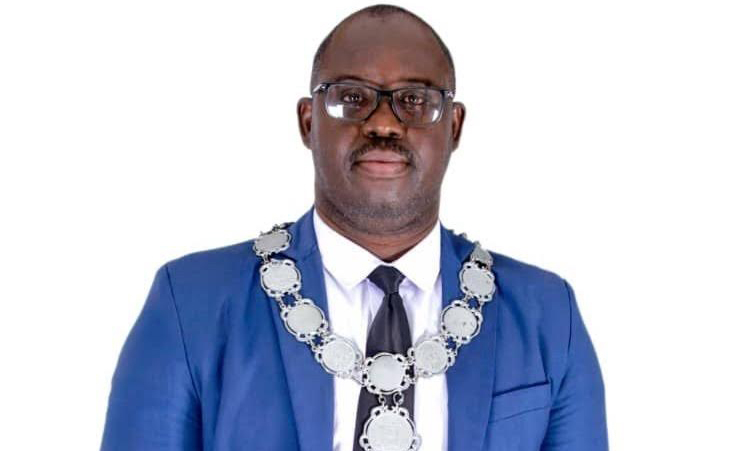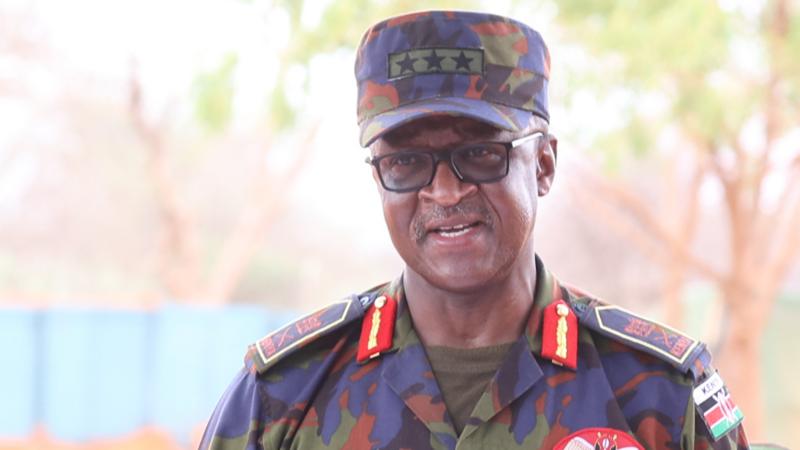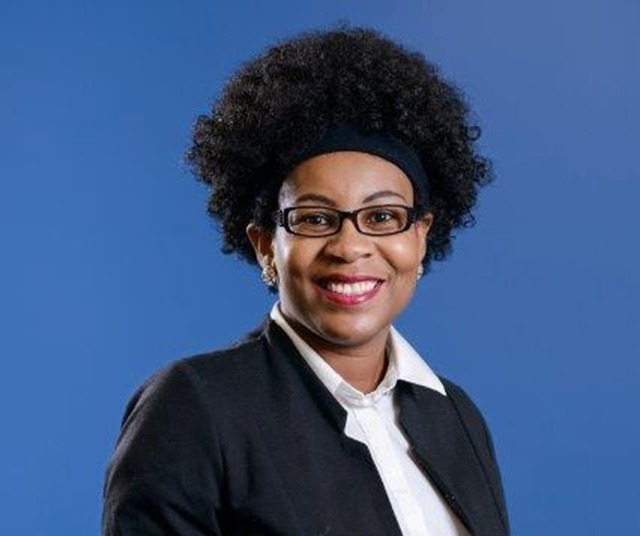Cervical cancer is one of the leading causes of death among women in many countries in Africa, and the human papillomavirus (HPV) vaccine is key to preventing it.
However, recent interruptions because of the Covid pandemic have caused HPV vaccination coverage to decrease significantly globally, and Africa is no exception.
This is why, as president of the Organisation of African First Ladies for Development, I can’t stress enough that it is crucial that we reinvigorate HPV vaccination programmes on the continent to protect the next generation of women.
The 2023 edition of African Vaccination Week provides the perfect opportunity to remind ourselves of the incredible benefits of vaccinating against HPV.
A MATTER OF FAIRNESS
In Africa, cervical cancer is a major health concern for women, representing 20% of all cancers diagnosed among them and coming in second only to breast cancer.
Alarmingly, 28 out of every 100 000 women are diagnosed and 20 out of every 100 000 women die from the disease annually.
This is because in Africa, too many women diagnosed with cervical cancer are at an advanced stage, which is associated with poor outcomes.
This is an unacceptable situation, but it is one we can remedy. We can do better, because we deserve better.
Cervical cancer is controllable. Almost all cases are caused by infection of HPV. The vaccine to prevent it is safe, effective, and should be deployed as widely as possible.
We urgently need to tackle the burden of cervical cancer that weighs heavily on our mothers, sisters and daughters.
It is a matter of fairness: By protecting them from the ravages of this terrible disease, we are tackling social and economic imbalances within our society, stimulating economic growth, contributing to sustainable development, and allowing women and adolescent girls to flourish.
There is no downside to it.
PROGRESS
In recent years, several African countries have made significant progress in preventing cervical cancer.
Rwanda, for example, became the first African country to introduce the HPV vaccine (in 2011) and has achieved an impressive 98.7% vaccination rate through its school-based programme.
South Africa introduced the HPV vaccine in 2014. As of 2020, 75% of adolescent girls aged 15 years in South Africa had received at least one dose of the HPV vaccine between ages 9-14 years.
In Burkina Faso, the vaccine was introduced in the immunisation schedule in April 2022.
However, the pandemic – alongside supply constraints and barriers to access – have led to a concerning drop in coverage of the HPV.
HPV vaccines are routinely delivered in health facilities and schools, but with lockdowns and other restrictions implemented during the pandemic, these places were inaccessible.
This resulted in significant delays in vaccinations, meaning that many adolescent girls missed out on this life-saving vaccine.
TIME TO ACT
With schools and health facilities reopened, and increased global supply, now is the time to act to inject renewed momentum and reinvigorate HPV vaccination – to ensure we reach millions of mothers, sisters and daughters with the vaccine.
In November 2020, the World Health Organisation launched an ambitious worldwide agenda to eradicate cervical cancer once and for all.
In addition to screenings and accessible treatments, by 2030, our mission is to ensure that 90% of girls aged 9-15 around the globe are fully vaccinated against HPV.
I am elated Gavi continues to show unwavering dedication to vaccinating adolescent girls against HPV, with dedicated resources going to fund vaccines, strengthen health systems and provide technical and learning support.
The target is to reach 86 million adolescent girls with the HPV vaccine over the next three years across the world.
As leaders in our countries, it is important we support this goal – 1,4 million future deaths from cervical cancer could be avoided.
Vaccines save lives like no other single health intervention, preventing millions of deaths every year. We have seen it with polio, measles, and several other diseases.
We can start imagining an Africa without cervical cancer, but only if we are willing to prioritise it.
We have the knowledge, the tools and the vision to turn this hope into reality. Let’s dream big and get to work.
- Monica Geingos is the first lady of Namibia, and the president of the Organisation of African First Ladies for Development.
Stay informed with The Namibian – your source for credible journalism. Get in-depth reporting and opinions for
only N$85 a month. Invest in journalism, invest in democracy –
Subscribe Now!






